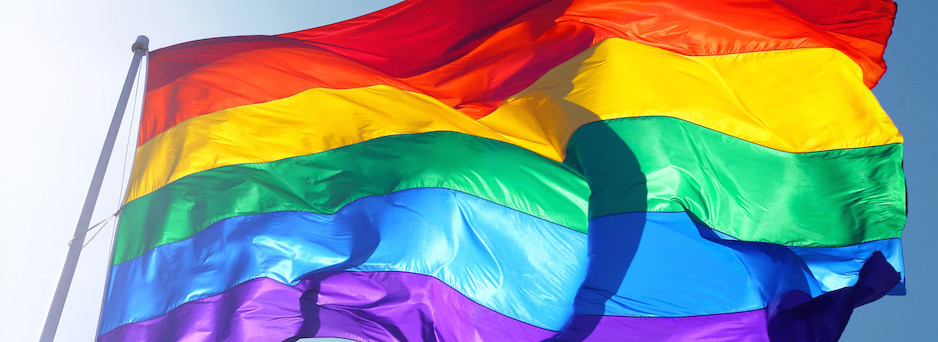
By Kaitlyn Loft, Country to Canberra teen blogger. Learn more about her here.
Remember the day that Facebook profile pictures turned rainbow? I do. It was the 26th of June 2015 – a day that marked a huge success for the LGBT+ community due to the legalization of same-sex marriage across the United States of America. The US Supreme Court decision made an incredibly progressive move towards universal equal rights, and I hope that it leads to similar positive progress in other countries. Importantly, this would create more room to shed light on other, less glamorous issues facing the LGBT+ community.
Same-sex marriage has long been seen as one of the biggest obstacles to an equal society and there are many reasons why it is so important. To recognize same-sex marriage is to recognise the validity of same-sex relationships. It would also afford same-sex couples greater legal securities and benefits reduce stigmas and it would normalize the existence of the LGBT+ community. In fact, it still amazes me that our society is so set on policing an expression of legitimate, genuine love. As a member of the community, I’m so proud of America’s Supreme Court decision, and I’m happy that same-sex couples there are beginning to be recognised as equals.

One thing that the Supreme Court decision did highlight for me though, was the level of media Americanisation that we’ve become accustomed to. For minorities in rural Australia, social media is often where you can find the most support, as it provides a platform for discussing the problems within the context of our own country. It can be a little frustrating to see local issues constantly overlooked, and personally, I would love to see more vocal political and social support for the LGBT+ community in Australia.
Nevertheless, America’s decision did reignite the debate about marriage equality in Australia. It kick-started a number of important conversations that I hope will help normalise the existence of same-sex relationships among the wider community. I know from experience that normalisation can reduce years of anxiety, depression and dysphoria in LGBT+ teens, who often devote so much attention trying to fit in and be accepted. One only has to take a look at American Leelah Alcorn’s suicide note (a transgender teen who committed suicide in December last year and posted her suicide note on social media) or testimonies from local teens who went through similar situations to understand that the struggle between ‘fitting in’ and being true to yourself, is a real problem among LGBT+ youth worldwide.
 While the legalization of same-sex marriage in America is a huge step forward, it is important to remember that there is still a long way to go before we overcome discrimination and prejudice. For the LGBT+ community in Australia, I can only hope that attention garnered by this case bolsters support for LGBT+ equality at home.
While the legalization of same-sex marriage in America is a huge step forward, it is important to remember that there is still a long way to go before we overcome discrimination and prejudice. For the LGBT+ community in Australia, I can only hope that attention garnered by this case bolsters support for LGBT+ equality at home.

